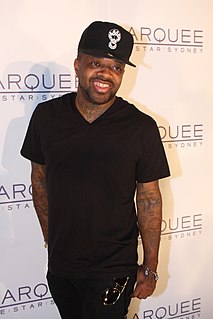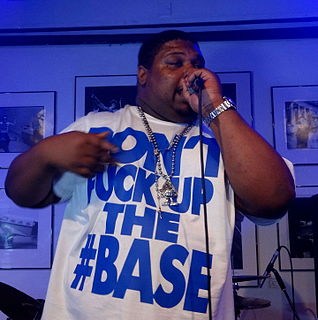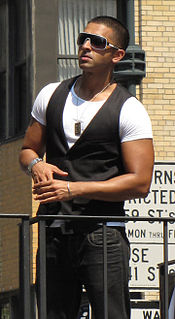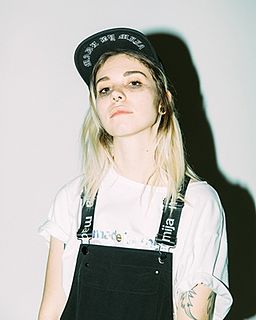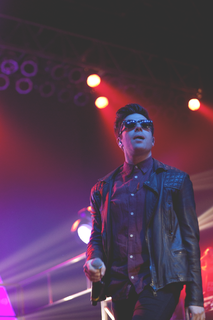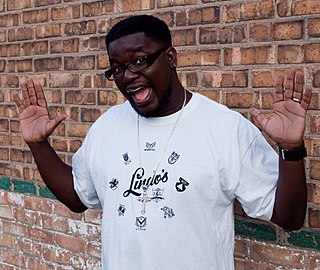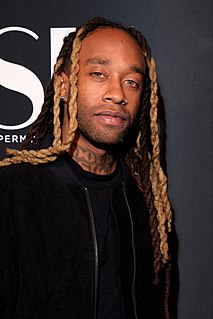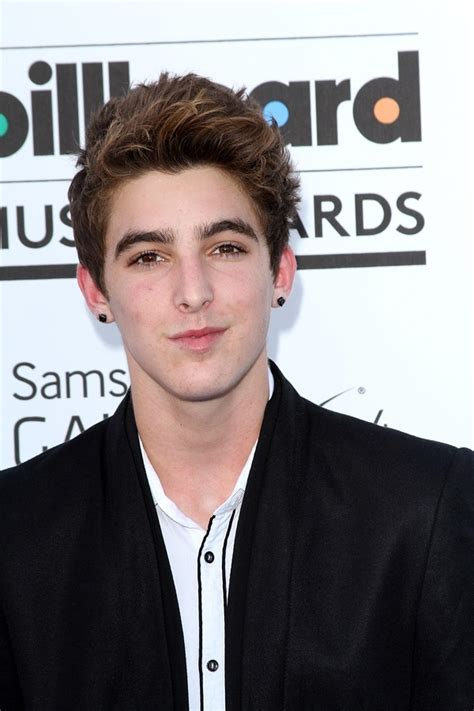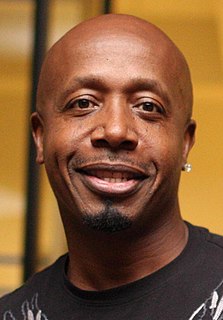A Quote by Jermaine Dupri
I have the weirdest career in hip-hop, and I say that because I started so young. I started So So Def when I was 17 years old.
Related Quotes
I always say to people that I left hip-hop in '97, meaning that I departed from listening to predominately hip-hop and just started really getting into records from the late '60s, early '70s. And once I made that change, I realized how much great music was made back in the day, and it started to become apparent how much we've lost in music.
Even though hip-hop started as a battle format, different artists appeared on each other's records or hung out in the same clubs, supporting each other. That was a profound influence. Also, hip-hop, to me, represents limitless possibility. Hip-hop is always evolving. People say, "Oh, it's a very commercial thing, it's too R&B." But in six months, a record is gonna come out that will completely change that.
To me, that's the biggest problem with hip-hop today is the fact that everyone believes that all of hip-hop is rap music, and that, when you say "hip-hop," it's synonymous with rap. That when you say "hip-hop," you should be thinking about breakdancing, graffiti art, or MCing - which is the proper name for rap - DJing, beat-boxing, language, fashion, knowledge, trade. You should be thinking about a culture when you say, "hip-hop.".
Somewhere down the line, the evil ones stole the legacy of hip hop and flipped it to a corporate type of hip hop. They decided to tell everybody 'Well, this is what hip hop is,' instead of coming back to the pioneers and getting the true definition of what hip hop is and what it was and what we been pushing for all these years.
I've got all of the old school vinyls from the '70s - even further back, like the jazz music in the '40s, '50s, '60s. Then I've got all the '80s stuff underground, hip-hop when hip-hop really first started. The '90s stuff. All of the good stuff, because I'm really into music, and it helps me create new songs now.
Well, we have to realize the truth about the person who is a hip-hop insider. Most of these people are not really insiders. They are people who are chosen to do an interview and they will make a statement and say that they are a part of the hip-hop culture, but from an intellectual standpoint, they are not very sharp, because back in '1990..'91 one would criticize somebody for doing one type of commercial and say that's not real hip-hop and then another rapper turns around and sell them malt liquor and say that's real hip hop.
